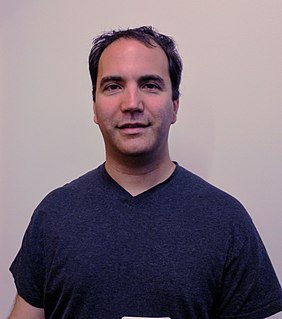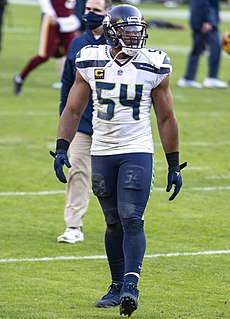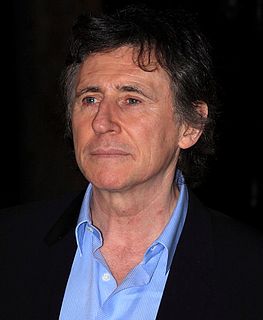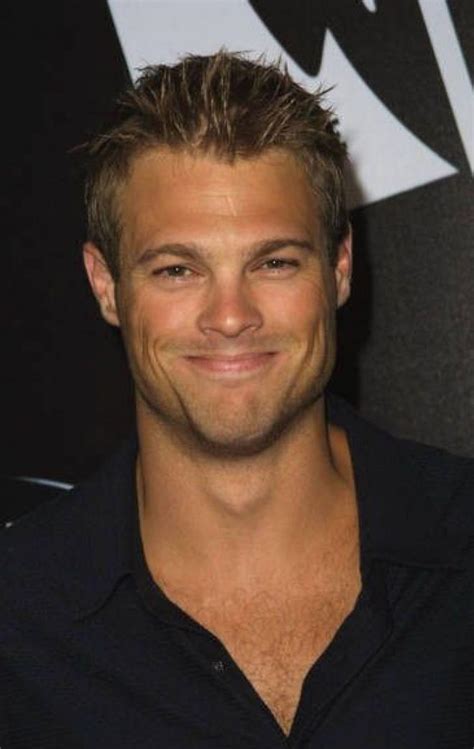A Quote by Indira Gandhi
When I'm not governing my country any more, I'll go back to taking care of children. Or else I'll start studying anthropology - it's a science that's always interested me very much, also in relation to the problem of poverty. Or else I'll go back to studying history - at Oxford I took my degree in history. Or else...I don't know, I'm fascinated by the tribal communities. I might busy myself with them.
Related Quotes
I've heard - when I first started, people were saying, "You know if it ends up being Trump against [Hillary] Clinton, it's going to be the highest-rated debate in the history of television - or, show in the history of television. And they also said something else. It'll probably be the greatest voter turnout in the history of this country. That could very well be.
I would love to go back to any time in European history, especially in Irish history, to the second or third century, prior to the arrival of Christianity when Paganism flourished. I can always go back there in my imagination, of course. It doesn't cost anything, and it's a form of time travel, I suppose.
I am not a historian, but I find myself being more and more fascinated by history and now I find myself reading more and more about history. I am very interested in Napoleon, at the present: I'm very interested in battles, in wars, in Gallipoli, the First World War and so on, and I think that as I age I am becoming more and more historical. I certainly wasn't at all in my early twenties.
All I wanted to do while I was a teenager was go out and play most of the time and just enjoy life and have fun. I wasn't big into school, you know, I look back now and wish I would have spent more time studying and enjoyed it more. It's not for everyone and I didn't enjoy it that much like going to school and studying - some stuff I did but some of it I didn't. My attention span wasn't there.
'Who are we?' And to me that's the essential question that's always been in science fiction. A lot of science fiction stories are - at their very best - evocations of that question. When we look up at the night sky and wonder, 'Is there anyone else out there?' we're also asking who we are we in relation to them.
Who are we? And to me that's the essential question that's always been in science fiction. A lot of science fiction stories are - at their very best - evocations of that question. When we look up at the night sky and wonder, "Is there anyone else out there?" we're also asking who we are we in relation to them.
What I tried to show is that this idea of this fundamental conflict between savagery and civilization goes back to the very beginnings of Western history. I go back to the Greeks, I go back to the Romans. You can read Homer. And of course Homer has his great heroes involved in this myth, this wonderful mythic contest with savage tribal peoples, half-human monsters on distant parts of the world.
And this is why studying the history of psi is important. People have been reporting these phenomena for millennia and studying them for centuries. Human experiences that continue to be repeated throughout history and across cultures, are not due to ignorance or lack of critical thinking, and demand a serious explanation.









































